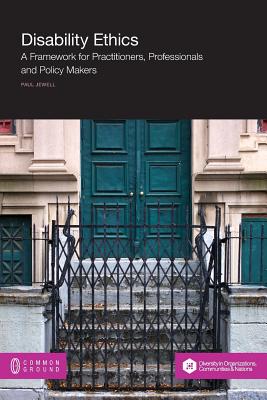The social arrangements with which we are familiar work fairly well for most of us most of the time. We work, we earn, we pay taxes. We engage professionals when we need their advice. We expect that there will be doctors whose expertise can be relied upon if we are ill, that there will be schools staffed with knowledgeable teachers and courts presided over by fair judges. We vote for politicians who offer policies we favour. We require government to provide us with security, protect our freedom and assist those of us who cannot help themselves. These social arrangements rest on some shared assumptions and values. They assume that people are, by and large, free, self-determining persons who respect each other's rights and independence, and co-operate rationally and productively with each other. Our social arrangements are challenged when this assumption does not hold. What policies should government have in place for people who are not independent, or not rational, or not co-operative, or not productive? If, by some catastrophe, through accident, disability or mental illness, you became such a person, how should you be dealt with by professionals and government services? If, on the other hand, you are a professional, how should you go about making decisions for clients who are not well placed to make decisions for themselves? Are there standards of professional ethics that can deal with this situation? Are there ethical standards that can be applied by managers of service organizations, or by policy writers, or by government officials? Are there ethical standards that concerned citizens should demand of government, of service organizations and of professionals who provide for vulnerable people? Drawing on the stories of people with disabilities and their service providers, Paul Jewell explores ethical theories, tests their practical application, and offers strategies essential to practitioners, managers, policy-makers and professionals who provide services to people with disabilities.











